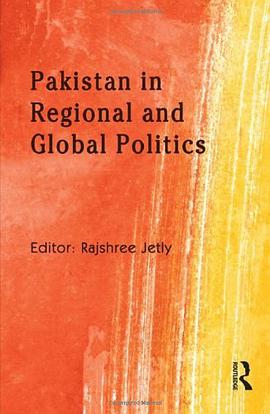

具体描述
Jason A. Edwards explores the various rhetorical choices and strategies employed by former President Bill Clinton to discuss foreign policy issues in a new, post-Cold War era. Edwards argues that each American president has situated himself within the same foreign policy paradigm, drawing upon the same set of ideas and utilizing the same basic vernacular to discuss foreign policy. He describes how former presidents-and President Clinton, in particular-made modifications to this paradigm, leaving a rhetorical signature that tells us as much about the nature of their presidency as it does about the international environment they faced. With the end of the Cold War came the end of a relatively stable international order. This end sparked intense debates about the new direction of American foreign policy. As Bill Clinton took office, he developed a new lexicon of words in order to discuss America's changing role in the world and other major international issues of the time without being able to fall into Cold War-era rhetoric. By examining the nuances and unique contributions President Clinton made to American foreign policy rhetoric, Edwards shows how his distinct rhetorical signature will influence future administrations.
作者简介
目录信息
读后感
评分
评分
评分
评分
用户评价
相关图书
本站所有内容均为互联网搜索引擎提供的公开搜索信息,本站不存储任何数据与内容,任何内容与数据均与本站无关,如有需要请联系相关搜索引擎包括但不限于百度,google,bing,sogou 等
© 2026 book.wenda123.org All Rights Reserved. 图书目录大全 版权所有




















